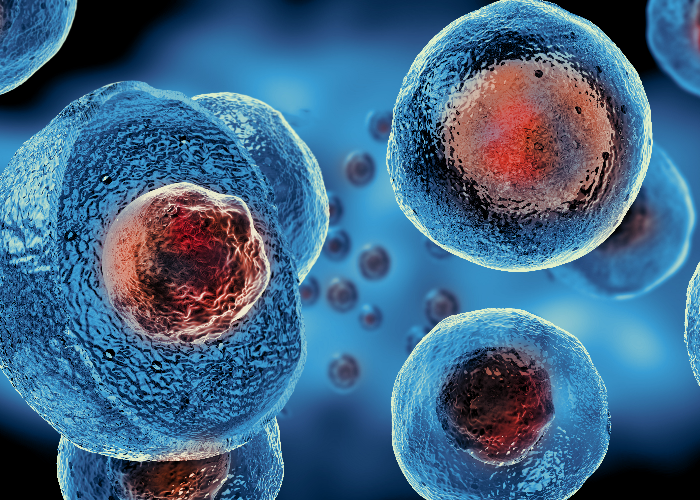aHSCT is superior to alemtuzumab in multiple sclerosis
Autologous hematopoietic stem cell transplantation (aHSCT) is increasingly recognized as a potential therapy for patients with highly active multiple sclerosis (MS). This study (doi:10.1002/acn3.51366 ) aims to assess outcome differences in disease activity in MS patients treated either with aHSCT or alemtuzumab.
The authors conducted a monocentric registry-based cohort study by recording the clinical course (EDSS and relapses), MRI parameters (new T2 lesions), and neuropsychological assessment in all 19 MS patients receiving aHSCT, and all 21 patients receiving alemtuzumab between 2007 and 2018. We used survival analyses of no evidence of disease activity (NEDA) as the primary objective which was defined by no EDSS progression, no relapse, and no new T2 lesion on MRI. Secondary objectives were EDSS improvement and neurocognitive performance.
RESULTS: Both treatment groups were similar in respect of age, gender, disability, and neurocognitive performance except for significantly longer disease duration in the alemtuzumab group. Mean follow-up was 58.8 [range 29-140] months in the aHSCT group compared to 27.6 [range 11-52] months in the alemtuzumab-treated group. They observed significantly more patients maintaining NEDA in the aHSCT group (p = 0.048) compared to the alemtuzumab-treated patients. Furthermore, 37% of the aHSCT patients showed an improvement of EDSS compared to none in the alemtuzumab-treated group (p = 0.033). It is of note that cognitive function was significantly improved in the aHSCT-treated patients.

